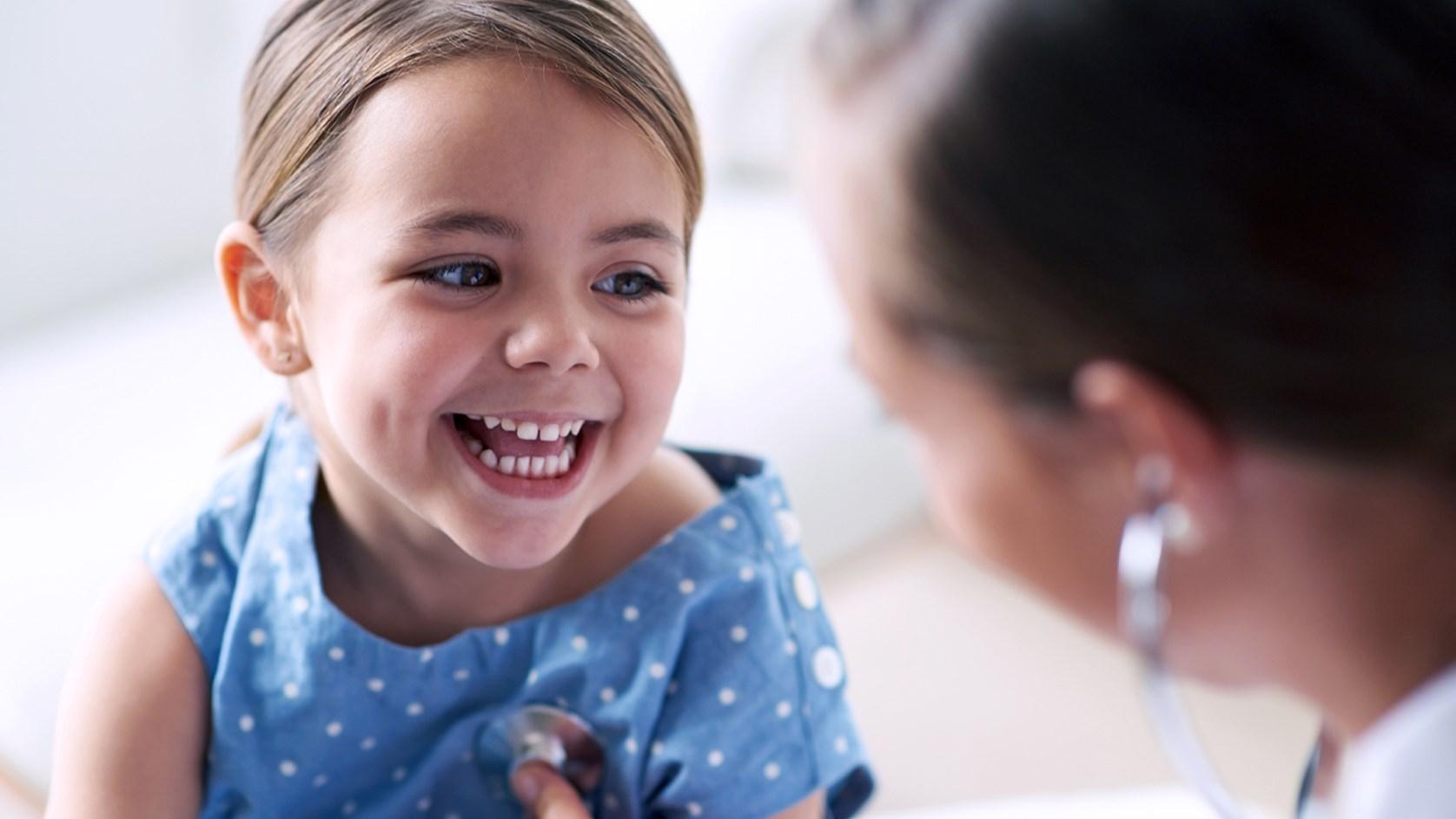Health literacy around the world’ launches ahead of International Self-Care Day 2021
Health literacy has never been more important following the outbreak of COVID-19. While lockdown restrictions were at their highest, self-care became an important line of defence against the pandemic as the world was encouraged to stay home, manage minor ailments themselves to help relieve pressure on healthcare systems, and adopt superior hygiene to help protect themselves and their loved ones and help curb the spread of the disease.
What is health literacy?
Health literacy is the ability to access, understand, and act on information to improve one’s health.
Health literacy around the world: policy approaches to wellbeing through knowledge and empowerment
The Economist Intelligence Unit (EIU) has published a new report on the global state of health literacy and its policy drivers. ‘Health literacy around the world: policy approaches to wellbeing through knowledge and empowerment’ is an independent research analysis of health literacy that looks at how health literacy can be boosted in national policy and in the education, healthcare and digital sectors.
Sponsored by Reckitt, the report is being launched this week ahead of International Self-Care Day (Saturday 24th July).
Key highlights of the report
The report provides a comprehensive overview of seven countries to show different levels of accomplishment in health literacy.
Some of the key highlights from the report, include:
- Addressing and improving health literacy requires action from individuals and health organisations and wider government, as well as industry and academic institutions - we all have a part to play
- Health literacy improves lives, reduces health inequalities, boosts the health of future generations, allows for more patient-centric care and can even reduce healthcare costs
- Health literacy can create ‘herd immunity’ against misinformation and disinformation – a major issue highlighted during the COVID-19 pandemic
- Barriers to health literacy can include socioeconomic status, access to education, language and disability barriers
Across the healthcare, education and digital sectors, the report found that...
- Healthcare professionals (HCPs) and pharmacists are key in supporting the improvement of health literacy and can play a major role in enabling self-care
- Schools and the broader education system provide an ideal environment to introduce health literacy programmes, but adult education can often be overlooked and more should be done to target vulnerable adult populations
- Digital technology can bring both opportunities and challenges – emerging technologies such as artificial intelligence and wearable tech are improving engagement in health literacy and enabling self-care. With technology comes challenges relating to quantity and quality of information
How are we supporting health literacy and self-care around the world at Reckitt?
At Reckitt, we exist to protect, heal and nurture in the relentless pursuit of a cleaner, healthier world. But we know we can’t do it alone.
Through transformative global partnerships, meaningful initiatives and of course the work of our purpose-driven brands, we’re empowering consumers through knowledge and solutions to enable them to self-care. We’re partnering with, and equipping HCPs and pharmacists, with tools and knowledge to play their part in promoting self-care, and we are engaging with regulators and policy makers to create pro-self-care environments.
Related links
Find the report at the EIU website
View online
